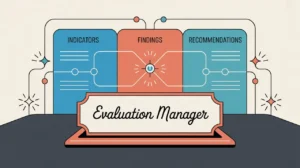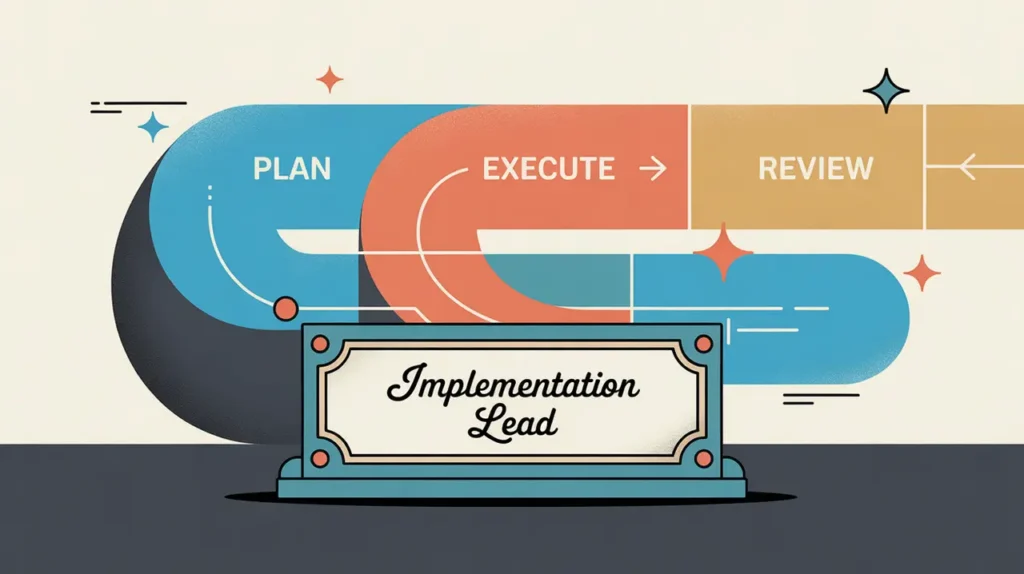What Does the Implementation Support Officer Role Involve?
An implementation support officer provides operational and administrative assistance to teams responsible for executing programs, projects, or strategic initiatives. This role focuses on supporting day-to-day delivery activities, tracking timelines, maintaining documentation, and ensuring effective communication among stakeholders. It typically sits within program management, operations, or delivery functions. In nonprofits and social enterprises, implementation support officers play a vital role in ensuring that implementation processes run smoothly and that teams have the information and resources needed to deliver effectively.
At What Level does this Role Operate?
Entry Level: This role typically reports to an implementation coordinator, implementation lead, or program manager. It focuses on operational support, task tracking, and administrative responsibilities that keep delivery processes organized and on schedule.
Relative Employability: Implementation support officer roles are common across nonprofits, social enterprises, and other mission-driven organizations. They offer strong entry points into program delivery and operations for individuals seeking to build careers in project management or organizational strategy.
Relative Pay Scale: Implementation support officer roles sit within entry-level pay bands, reflecting their focus on support functions and task coordination within implementation teams.
What are the Key Responsibilities and Activities?
- Provide administrative and operational support to implementation teams across programs or projects
- Track progress on tasks, deliverables, and timelines to ensure milestones are met
- Maintain documentation, databases, and records related to implementation activities
- Coordinate logistics such as meetings, workshops, and resource distribution
- Support communication between internal teams and external stakeholders to ensure information flows effectively
- Assist in preparing progress reports, presentations, and other materials
- Flag potential delays, risks, or gaps to supervisors for follow up
- Contribute to improving team workflows and implementation processes
What Core Competencies and Qualifications are Needed?
Required Qualifications and Experience
The following reflect common qualifications and experience expected for this role, while recognizing that pathways may vary by context, organization, and region.
- Academic background in project management, public administration, business administration, or related fields, or equivalent professional experience
- Some experience in administrative or project support roles is preferred
- Strong organizational and time management skills
- Attention to detail and ability to maintain accurate records
- Proficiency with productivity and project management software
- Strong interpersonal and communication skills for working with diverse teams
Key Competencies
- Task and timeline tracking
- Administrative and logistical support
- Documentation and information management
- Internal and external communication coordination
- Problem identification and escalation
- Process improvement contribution
How are AI and Automation Shaping this Role?
An AI-native implementation support officer will look to AI and automation to improve task management, document handling, and team coordination. They can use AI tools to organize project workflows, schedule meetings, generate summaries of updates, and flag tasks that need attention. Automation can assist with maintaining records, sending reminders, and consolidating data from multiple sources. By integrating these tools, implementation support officers can increase their efficiency, reduce administrative burdens, and provide more proactive support to their teams.
What Career Pathways and Transferable Skills are Associated with this Role?
Implementation support officer roles can lead to positions such as implementation coordinator, project officer, or program associate. The skills developed in organization, communication, workflow management, and operational support are highly transferable across nonprofits, social enterprises, and the private sector. This role provides a strong foundation for progressing into more strategic delivery and management positions.







